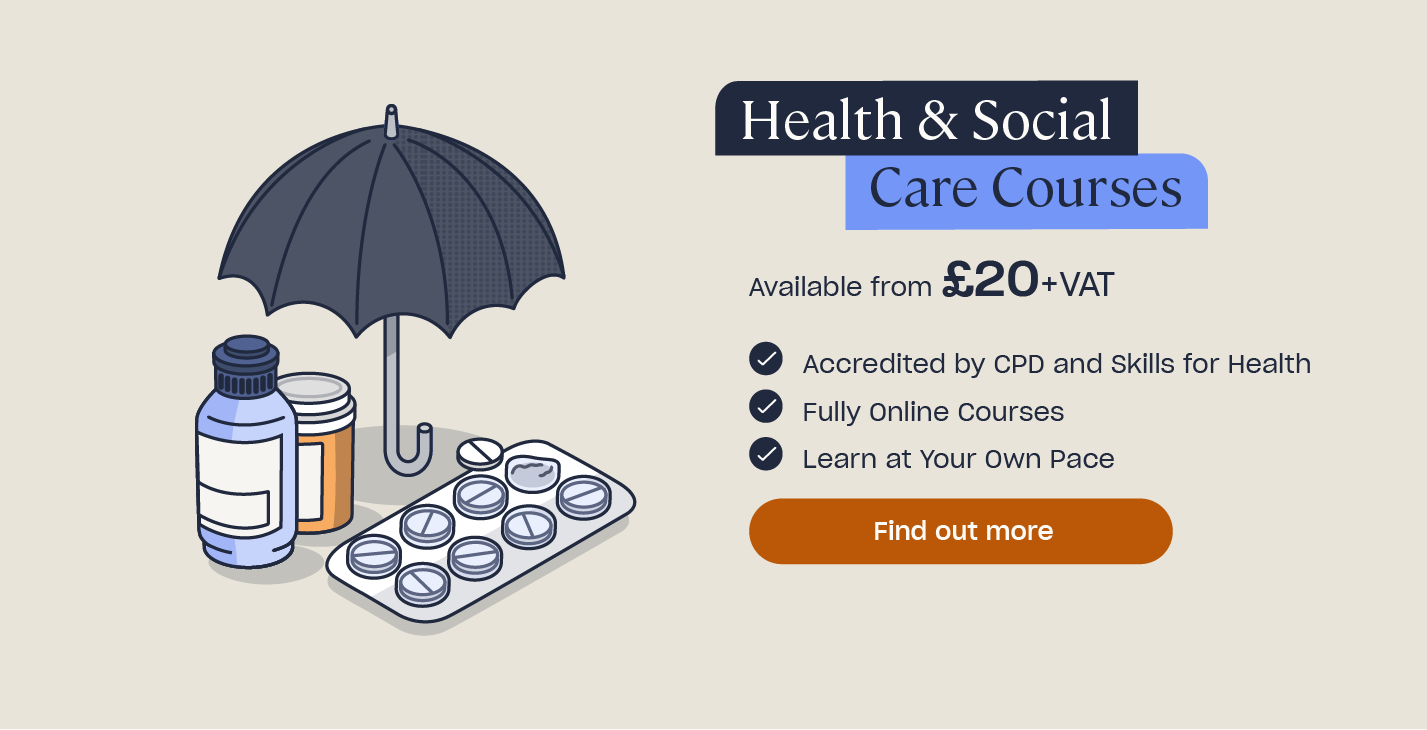What is a Care Plan & Why is it Important?
Care plans are an integral part of health and social care. As such, it’s vital that those who are responsible for care work, as well as those receiving care and their families, have a thorough understanding of them and their importance. A good care plan is a collaborative effort between carers, those receiving care and other vested parties and they help to ensure consistent high standards of care. In this article we will outline what a care plan is, why it is important and the key characteristics of a good care plan.
What is a Care Plan?
A care plan is a document that is created for someone who is receiving care, whether that be health care, personal care or another form of support. Also known as a support plan, care plans are for anyone who needs care or cares for someone else and they detail the type of support needed and how this support will be given. An effective care plan is developed hand-in-hand with health and social care professionals, the person receiving care and where appropriate, their friends and family. This helps to ensure that the agreed plan has been effectively tailored to the needs of the individual.

Why is a Care Plan Important?
Care plans are important as the information that they provide helps to ensure that an individual maintains as much independence as possible, has a thorough understanding of their health condition and knows what type of care is right for them. They are also an integral part of person-centred care as they ensure that focus remains on the individual and that the care that they receive has been adequately tailored to their needs. Care plans also help family and friends to understand how they can better support someone receiving care.
Looking For More?
We have an extensive range of Health and Social Care courses, such as our Person-Centred Care training and Advanced Safeguarding Adults training which will provide you with the necessary knowledge and skills to uphold your safeguarding responsibilities with care and consideration.
Components of a Care Plan
Care plans should be highly individualised and focus on the specific needs of an individual. As such, there is no ‘one size fits all’ and no national template for what a personalised care plan should look like. However, NHS England notes that an effective care plan should:
- Record conversations, decisions and agreed outcomes in a way that makes sense to the individual.
- Be proportionate, flexible, coordinated and adaptable to an individual’s health condition, situation and care and support needs.
- Include a description of the individual, what matters to them and the necessary elements that would make the plan achievable and effective.
Whilst there is no set template for what a personalised care plan should look like, NHS England details 5 criteria that a personalised care plan must meet. These are:
- People are central in developing and agreeing their personalised care and support plan including deciding who is involved in the process.
- People have proactive, personalised conversations which focus on what matters to them, paying attention to their needs and wider health and wellbeing.
- People agree with the health and wellbeing outcomes they want to achieve, in partnership with the relevant professionals.
- Each person has a sharable, personalised care and support plan which records what matters to them, their outcomes and how they will be achieved.
- People are able to formally and informally review their personalised care and support plan.

The key features of an effective care plan are;
Perspective:
This focuses on seeing an individual as a whole person, not solely through the lens of their condition and why they need care. This feature is fundamental to a person-centred approach and helps to empower an individual to take control of their own care and ensures that, where possible, they are an active participant in conversations about their health.
Process:
This focuses on the overall process of personalised care and ensures that an individual has the time and support to develop their plan and can access the necessary information in a timely manner so that they feel prepared and ready to engage in planning. This feature of a care plan ensures that an individual feels listened to and understood in a way that builds trusting relationships. It also ensures that they are able to easily review their own care plan.
Plan:
This focuses on the points mentioned above and ensures that all information within a plan is recorded in an understandable manner, is flexible to an individual’s health condition and that the plan includes a description of the individual and what matters to them.
As mentioned, there is no national template for a care plan however most care plans will include the following:
- The problems that an individual is experiencing and their needs
- Their goals and how this will be achieved
- The services and treatments they will receive
- Contact details for further support
It may also include:
- Information on what funding is available from a local authority
- Help with benefits or employment
- Ways to improve an individual’s physical health
- Additional support information
- Warning signs of a relapse or crisis
- How an individual would like services to respond (such as in a manner that enables an individual to stay at home and avoid hospital admission)

How to Write a Care Plan
There is no nationalised template for a care plan and they should not be approached in a formulaic manner as this can hinder personalisation. An effective care plan will include the components mentioned above and it can be beneficial to consider what must be included in a care plan, rather than how one should be written.
Irrespective of how you go about writing a care plan, the needs of the individual receiving care must always be at the centre and the plan must focus on their wishes, needs and preferences. Care plan reviews are also an important part of this process and care plans should be reviewed at least every six months or sooner if needed. Reviews should include the person receiving care and all people involved in providing that care. Care plan review meetings, sometimes called CPA meetings, can also be attended by friends, relatives or carers as well as an independent mental health advocate to support the individual during the meeting.
Care reviews provide the opportunity to discuss how a person is doing, resolve any issues in the plan and to address any new or additional needs. In so doing, care plans remain relevant and catered to the needs of the individual. Should any issues arise within a care plan, then these should be directed towards a Care Co-ordinator.
Care plans are a key part of person-centred care and ensure that those receiving care maintain as much independence as possible and that their wishes and needs are at the forefront of any decision meeting. They provide invaluable information to all vested interests and help to ensure consistent high levels of care and support.
Further Resources:
- What is Person-Centred Care and Why is it Important?
- Record Keeping in Health and Social Care
- Health and Social Care Courses







